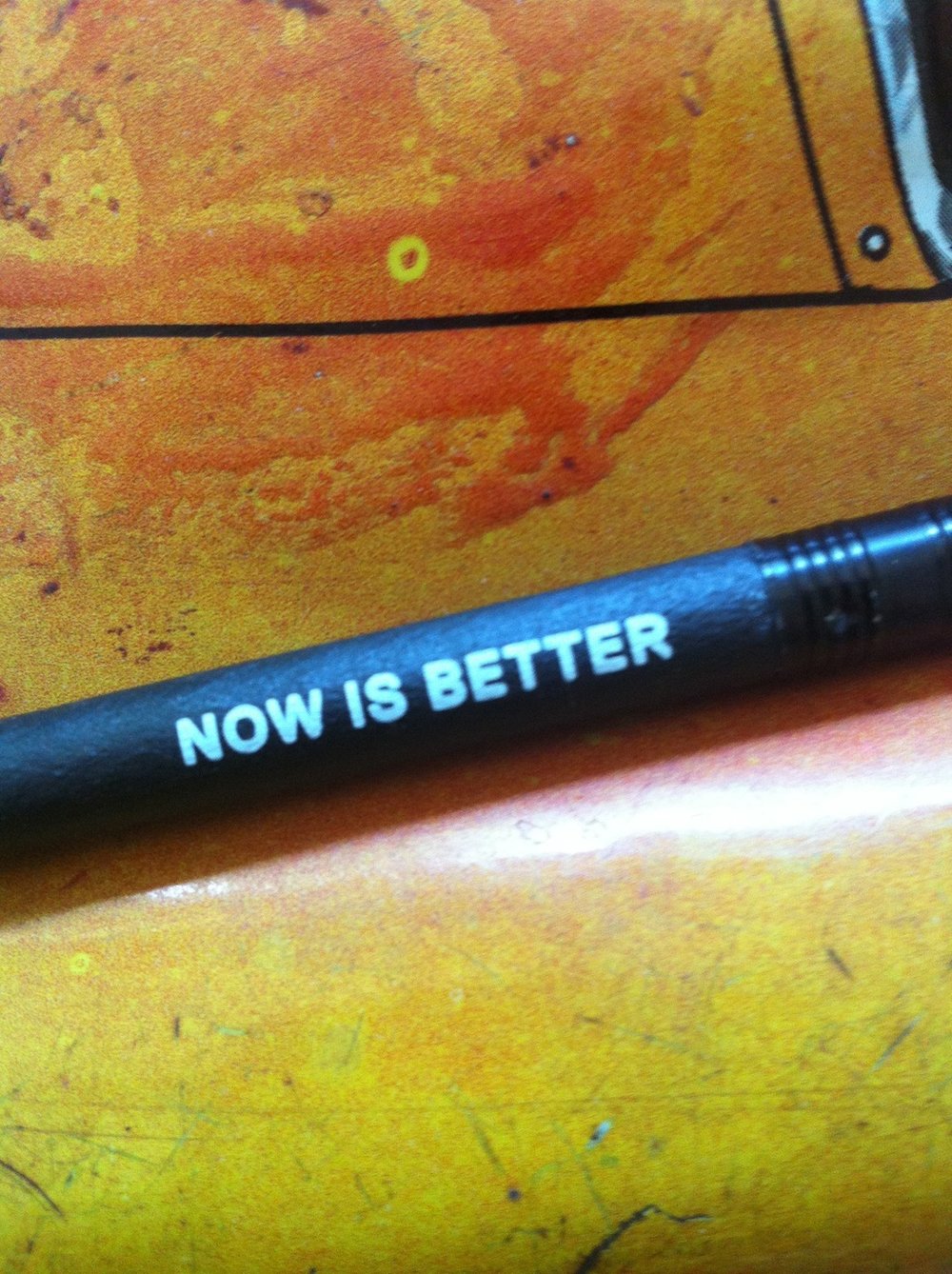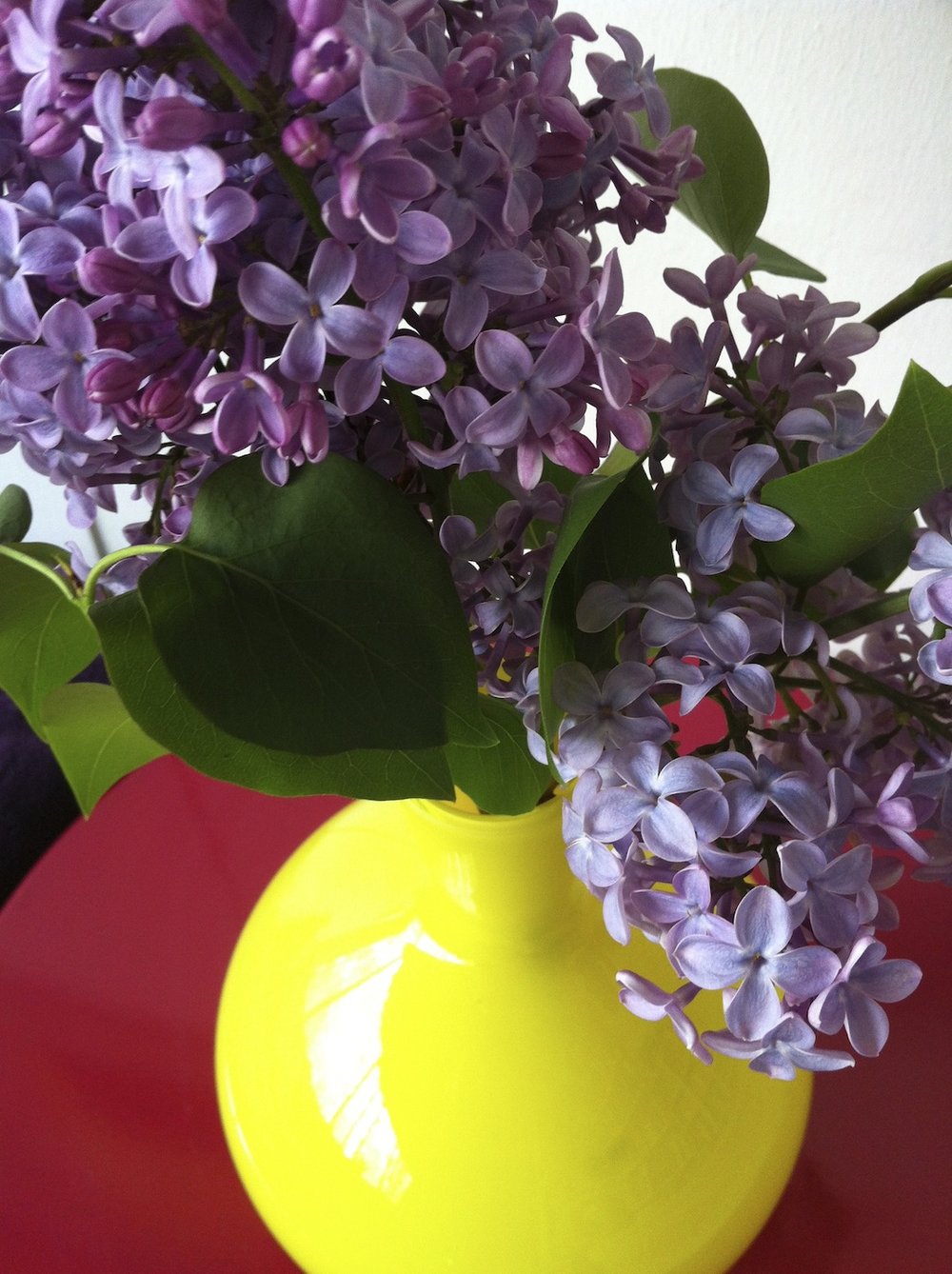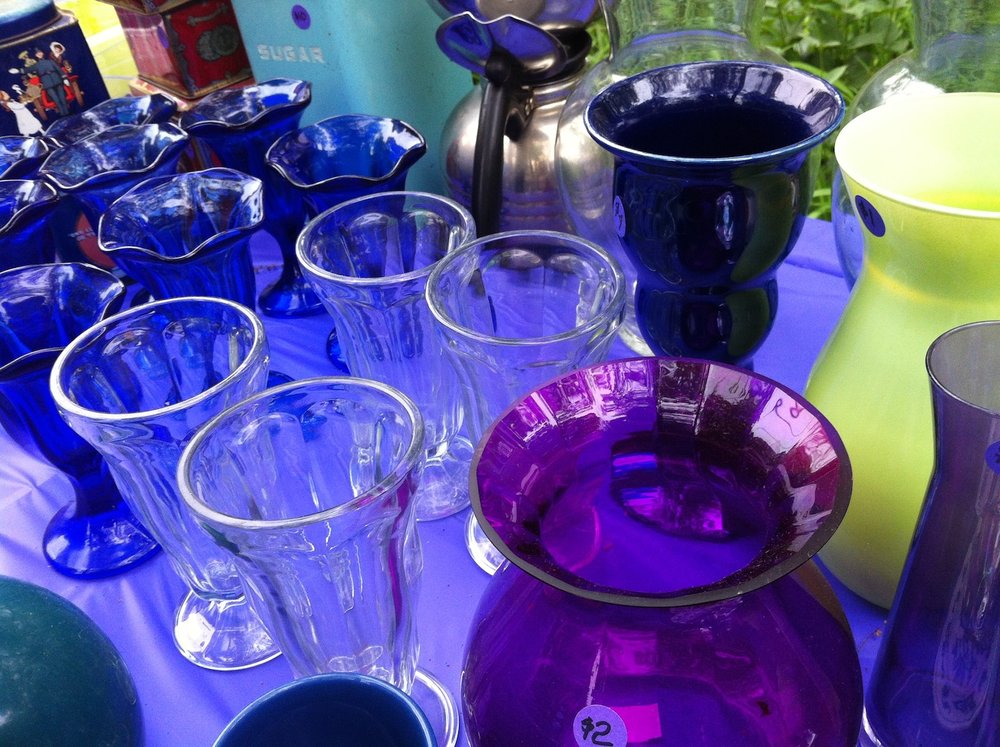 David Allen "Ask the Expert" interview about ProductivityBased on your outpouring of positive feedback, once again I'm happy to bring you the “Ask the Expert” interview series, which connects you with industry thought leaders. We’ve spoken with Peter Walsh about clutter, Sheila Delson about letting go, Laura Berman Fortgang about next steps, Judith Kolberg about change, and Sue West about fresh starts. This month I’m excited to have with us the world’s leading personal productivity guru, David Allen, to share his insights and wisdom about time management.
David Allen "Ask the Expert" interview about ProductivityBased on your outpouring of positive feedback, once again I'm happy to bring you the “Ask the Expert” interview series, which connects you with industry thought leaders. We’ve spoken with Peter Walsh about clutter, Sheila Delson about letting go, Laura Berman Fortgang about next steps, Judith Kolberg about change, and Sue West about fresh starts. This month I’m excited to have with us the world’s leading personal productivity guru, David Allen, to share his insights and wisdom about time management.
David’s book, Getting Things Done – The Art of Stress-Free Productivity, is a favorite in my collection, and is well worn and highlighted. Some of his concepts that I find most valuable are the ideas of gathering all your “to dos” in one place and then moving each one along by focusing on its “next” action. It’s an understatement to say that David has many fans. He’s an international best-selling author of three books, has over one million Twitter followers and over one-hundred thousand members in his LinkedIn GTD® Enthusiasts group. My sincere thanks goes to David for taking the time to join us. A special thanks to Kathryn for making it happen. Before we begin, here’s more about David.
David Allen is widely recognized as the world’s leading expert on personal and organizational productivity. His thirty-year pioneering research and coaching to corporate managers and CEOs of some of America’s most prestigious corporations has earned him Forbes’ recognition as one of the top five executive coaches in the U.S. Time Magazine called his flagship book, Getting Things Done, “the definitive self-help book of the decade.” Fast Company called David “one of the most influential thinkers” in the arena of personal productivity. He is the engineer of GTD®, the popular Getting Things Done® methodology that has shown millions how to transform a fast-paced, overwhelming, overcommitted life into one that is balanced, integrated, relaxed, and has more successful outcomes. David is the Founder and Chairman of the David Allen Company. You can connect with David on Twitter, LinkedIn, Facebook, blog or website.
Linda Samuels: You are internationally known as the “personal productivity guru.” While there is no quick fix for being more productive, where is a good place to begin?
David Allen: Stress-free productivity means being in a personal state of relaxed, focused control and engaging in meaningful activity. A prime requirement for that condition is having a total inventory of your commitments with yourself – one that is current and objectified and well defined, at all the levels they exist (from “get cat food” to “get a new job” to ”get enlightenment”.) So job one is to capture and clarify that roster. Start by collecting all the particles around your environment that don’t belong there permanently and put them in your into your IN-tray (or a note to represent them, if they won’t fit). Then use pen and paper to empty your head of any- and everything else that has your attention. From there you’ll need to move on to determining the outcomes desired and next actions required for each of them. That whole process can take 10 to 20 hours, but anything you can start doing along those lines will move you in the right direction.
Linda: Life requires that we get things done. Anna Quindlen said, “I wish I had treasured the doing a little more and the getting it done a little less.” What is your perspective?
David: Big Secret: Getting Things Done is not about getting things done. It’s about achieving appropriate engagement with all of your involvements. In order to feel comfortable with whatever you’re doing, you need to feel OK with what you’re not doing. So, not getting things done, for the most part, is a hallmark of optimal productivity! Of course, if your purpose on the planet is actually to complete, accomplish, and express, you’ll need to be getting those things done, in order to be at peace with yourself. Once you really catch what this game is about, and the optimal rules of engagement, playing the game, itself, is the reward. Indeed.
Linda: What is your most surprising discovery about focusing on the “next” action step?
David: That the decision about the most mundane aspects of our life (what visible, physical activity do I need to do, to move the needle on this?) is core to the sense of fulfilling our agreements with ourselves. If you think you should be doing something about a situation with your parents or your kid, but haven’t yet decided what the very next thing to do about it is, you’ll be in stress and not fully present in your life.
Linda: What has been your toughest personal time challenge?
David: Realizing how much of a clear context, in terms of time and environment, is required to do sustained, creative thinking. I can’t write the next chapter of anything without a good four-hour block of free space and warmed up fingers with a great laptop.
Linda: If you had an unexpected extra hour on a particular day, how would you spend that time?
David: Beats me. When it shows up, I’ll let you know. I trust my spontaneous, intuitive hunches.
Linda: Is there anything you’d like to share that I haven’t asked?
David: The experience of stress-free productivity is one of a very natural flow. But it doesn’t consistently happen by itself. It requires specific practices that often seem unnatural and unnecessary at first. (“Write everything down? You’ve got to be kidding!”) Once they become habitual, however, you’d never think of doing anything else.
Thank you, David for sharing your thoughts about stress-free productivity and time management. Something you said which jumped out at me is the idea of “appropriate engagement.” Be comfortable with what you choose to do and not do. That in fact, not getting things done is the “hallmark of optimal productivity.” I love this perspective.
I invite all of you to join David and me as we continue the conversation. We’d love to hear your ideas about productivity, GTD®, and time management. Which concepts resonate with you? What are your recent productivity challenges or successes?








